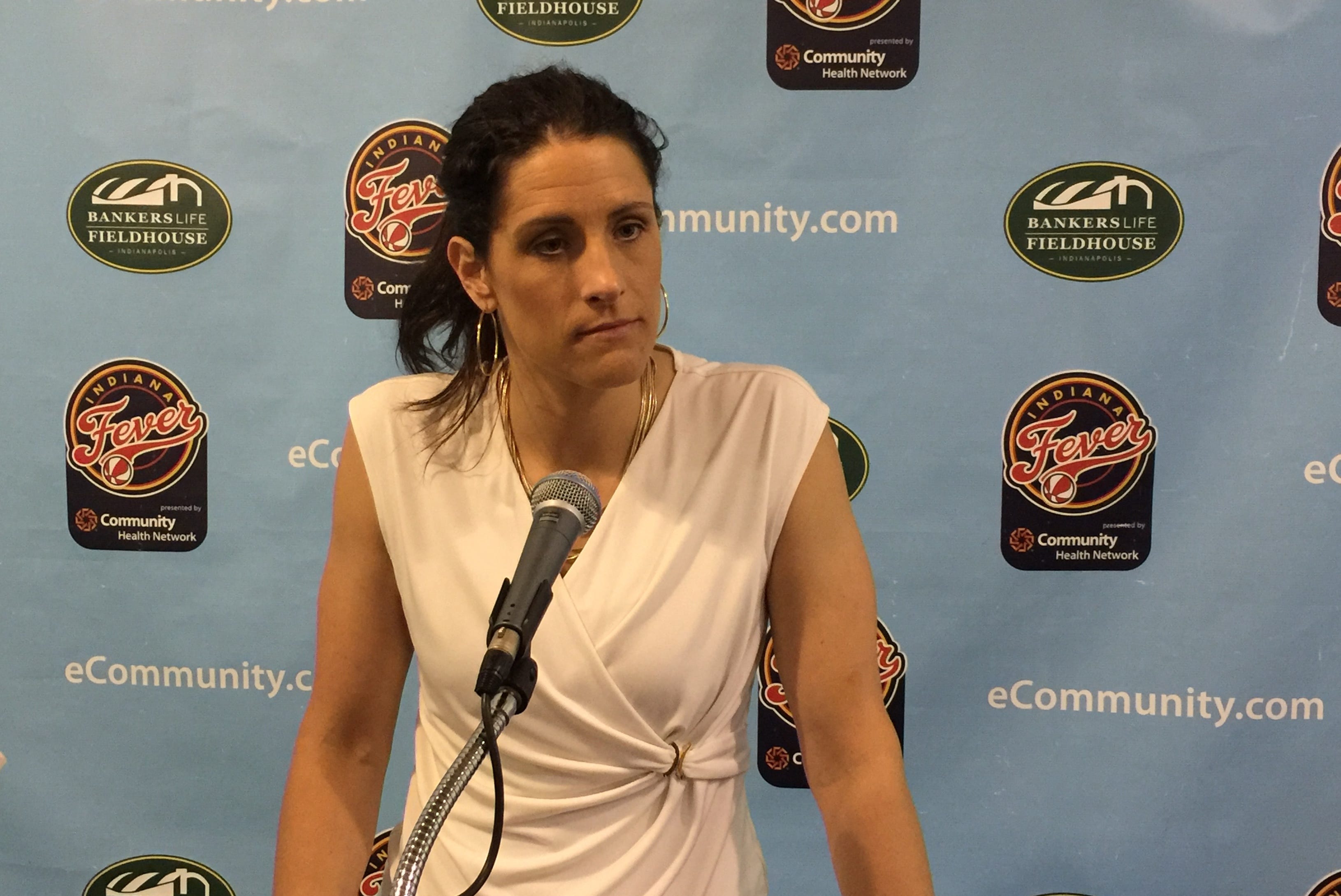In the fast-paced world of professional basketball, momentum is everything. For a player, it’s the difference between a temporary gig and a long-term career. For a team, it’s the fuel that powers a championship run. For Connecticut Sun rookie Chloe Bibby, her momentum seemed unstoppable. After a series of phenomenal performances that had fans and analysts buzzing, the sharpshooting guard turned a 7-day contract into a guaranteed spot on the roster for the rest of the season. Her accuracy from beyond the arc was undeniable, a vital weapon for any team with title aspirations.
But just as quickly as her star began to rise, it was inexplicably dimmed. In a recent game against the Seattle Storm, fans eagerly waiting to see Bibby light up the scoreboard were left staring in disbelief. She played for a total of six minutes. Not per quarter, but in the entire game. In that short span, she didn’t even get the chance to attempt a three-pointer. The decision to sideline a player who had been so crucial and so effective has ignited a firestorm of confusion and anger, sparking a debate that goes far beyond simple game strategy. Now, one prominent sports commentator has thrown fuel on the fire with a startling and serious accusation: the decision wasn’t a coaching misstep, but a reflection of a deeper bias held by head coach Stephanie White.
The commentator, known for his passionate and unfiltered takes, didn’t mince words. He laid out a case built on what he sees as a disturbing pattern. “She doesn’t get many minutes,” he stated, his frustration palpable. While acknowledging that no one expects a rookie to play 20-plus minutes every night, he argued for a reasonable floor of 13 to 15 minutes—enough time for a shooter like Bibby to find her rhythm. Instead, she got six.
What makes the decision so baffling to many is the performance of other players who received extensive court time. The commentator pointed to guard Ari McDonald, who he claims played for 33 minutes despite shooting a poor 4-for-10 from the field and committing four turnovers. He described another starter, Kelsey Mitchell, as a “brick machine” on that particular night, arguing that when her shots aren’t falling, she offers little else to the team. Yet, she remained on the floor while the team’s newly signed sharpshooter watched from the bench. How, fans are asking, can a team justify giving 33 minutes to a struggling player while giving a mere six to someone who has proven to be a reliable spark?

This is where the commentator’s theory takes a sharp and controversial turn. He posits that this isn’t about stats or on-court matchups. “This is what I’ve been telling y’all,” he insisted. “Stephanie White, she really don’t want to play her white players, man. I’m telling you, she really don’t.” He claims White is “glad” that other star white players are out, and that with the exception of one veteran who does enough to stay in the game, others are consistently sidelined.
He paints a picture of White as one of the “most stubborn coaches that you’ll ever see,” unwilling to adapt her game plan even when it’s clearly failing. He compared her to other coaches in the league, like Nate Tibbetts in Phoenix and Tanisha Wright in Atlanta, whom he praises for finding creative ways to get their key role players on the court and put them in positions to succeed. He sees White doing the opposite, stifling talent rather than cultivating it. “A smart coach,” he argued, “would find a way to get Bibby out there and get her productive.”
The situation has left the fanbase deeply divided and concerned. For many, it feels like a repeat of past frustrations, where promising players seem to get lost in the shuffle for reasons that defy logic. The commentator warned that Bibby’s situation could become another cautionary tale, where a player with obvious talent is never given a real chance to shine. Think back to everything that happened to Caitlin Clark. Was it all a coincidence? Will Chloe Bibby become Caitlin Clark in the future? These are the questions now echoing across social media.
To be fair, the commentator briefly acknowledged a potential strategic reason for the low minutes, noting that the team’s bigs, Natasha Howard and Aaliyah Boston, were having a productive night, combining for 37 points. He conceded that a coach might lean heavily on what’s working. However, he quickly dismissed this as an excuse for a complete lack of creativity. A good coach, in his view, should be able to ride the hot hand of the frontcourt while still integrating a lethal shooter like Bibby into the offensive scheme.
As the controversy swells, it raises uncomfortable questions that extend beyond a single game. Is this a case of a coach making a questionable strategic call under pressure? Or is it evidence of a stubborn inability to adjust to the flow of a game? Or, as the commentator boldly alleges, is there a more disturbing bias at play that influences who gets to contribute and who is left on the sidelines? The team has remained silent, but the questions are only getting louder. For Chloe Bibby and the fans who were so excited to watch her play, the future feels uncertain, hanging on the decisions of a coach who is now under the most intense scrutiny of her career.

